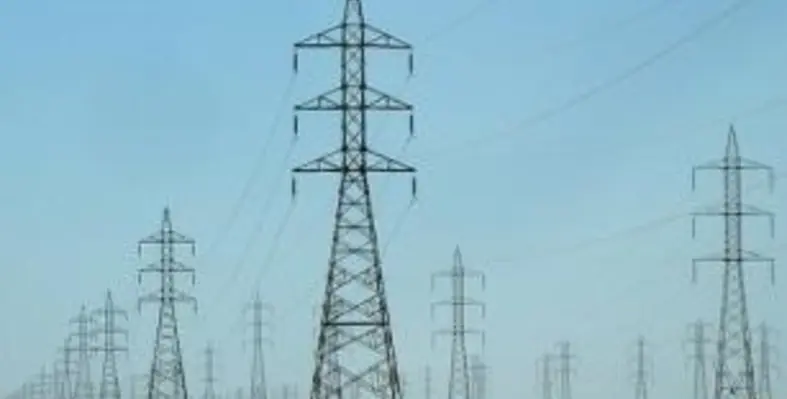Private sector commitments to President Barack Obamas push to increase electricity in Africa now top $20bn
A Washington summit of African leaders discussed enhancing the aggregate goal of the U.S.-led Power Africa programme to boost generation capacity by 30,000MW, bringing onto the grid as many as 60mn additional households and businesses.
"Let’s tear down barriers that slow us down and get in the way of trade," President Obama told African heads of state. "Let’s build up the infrastructure -- the roads, the bridges, the ports, the electricity -- that connect our countries. Let’s create more and sell more and buy more from each other."
Sweden is making grants and guaranteeing loans for US$1bn of Power Africa distribution and transmission projects. The African Development Bank has already approved $670mn in energy-sector support and expects to commit another US$2bn across sub-Saharan Africa over the coming year.
That's on top of US$5bn in new World Bank technical and financial support for energy projects in Ethiopia, Ghana, Kenya, Liberia, Nigeria, and Tanzania to help reverse what economists say is far too much consumer spending on costly and unhealthy forms of energy, such as diesel generators or wood for indoor cooking fires.
Africa uses just eight per cent of its vast hydropower potential compared to Western Europe's harnessing as much as 85 per cent of available hydro-electricity.
"Africa deserves the same opportunity to exploit this green source of power to improve the lives and economic prospects of its people," said World Bank vice president for Africa, Makhtar Diop. “Beyond building up power generators, they must be connected to the market, which calls for regional cooperation to build the transmission network."
Part of the Power Africa goal the World Bank is supporting is establishing a common electricity pool where surplus megawatts from geothermal, gas, solar, and wind can be made available to neighboring states with insufficient supplies.
"A responsible energy policy is not a brake on the economy. It is, in fact, the engine of an economy," U.S. secretary of state John Kerry told business leaders at the summit.
"It’s an enormous US$6 trillion market, folks. The market that made America so wealthy in the 1990s where every income level saw their incomes go up was a US$1 trillion market. I think everybody understands the differential and the value of our going after it."
Washington is backing Africa's pursuit of that market -- while safeguarding the environment -- with US$30mn in funding for clean-energy micro-financing that has helped secure nearly US$20mn in private loans for Gigawatt Global's 8.5MW solar power plant in Rwanda.
Scott Stearns












